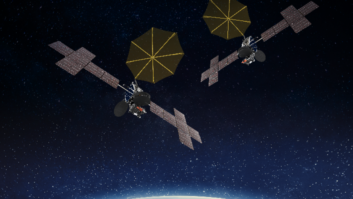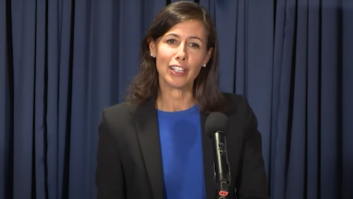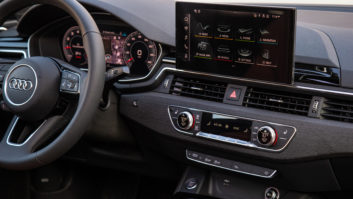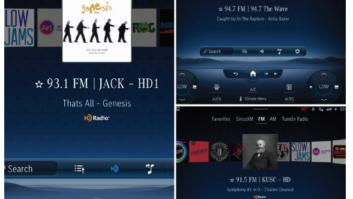Satellite radio merger? Why not?
Jul 1, 2007 12:00 PM, Chriss Scherer
[email protected]
Following its June 8 request for comments on the proposed merger of Sirius and XM, the FCC’s clock has started ticking. Comments and reply comments are due this month, and the overall process has about a six-month window to complete its path through the FCC. Sirius and XM have been waiting for the process to begin, and they repeated that sentiment after the request was issued.

Meanwhile, special interest groups and consumer news outlets continue to add their voices to the debate. Some support the merger; some oppose it. One vocal opponent is the National Association of Broadcasters (NAB).
The NAB has placed print ads opposing the merger, and recently launched a website to promote its stance at xmsiriusmonopoly.com. The site includes article links, comments and testimony that oppose the merger. The NAB states its case thoroughly. I think its states its case too thoroughly.
In a Radio Currents news item posted online at RadioMagOnline.com in May, I referred to the NAB activities as a witch-hunt. Needless to say, some people at the NAB didn’t like that reference, but that is how I see it.
When the merger announcement was made, it caught everyone’s attention. Everyone questioned the move as the obvious antitrust and monopoly arguments were raised. But Mel Karmazin’s discussion during the press conference made everyone think that there might be a chance that the merger could be allowed. Obviously the NAB is concerned about the possibility, as is evidenced by the association’s full-court press with a blitz and all the heavy artillery at once. I don’t think I have ever seen such a relentless fight from the NAB.
After more investigation into the merger idea, I don’t believe that it will pass. My conclusion has nothing to do with the NAB’s barrage, either. The antitrust element seems solid, and the provision in the FCC licenses that forbids a merger is established. Regardless, I am interested to see how XM and Sirius play their hands as more questions are asked.
So why is the NAB so vocal about this? When radio station owners want to reduce ownership limits, the NAB is right behind the idea. Granted, it’s not a pure monopoly, but it comes close in some markets.
The NAB touts several items as being trouble spots. It claims that satellite radio subscription fees could be raised. That’s a non-issue. If the combined company wants to raise its rates, let it. It will likely lose subscribers. The rates will settle at a comfort point without the forced competition.
The NAB says that the merger will limit programming choices. Terrestrial radio consolidation hasn’t helped that fight either. But if the sat radio merger will limit programming choices, terrestrial radio should benefit from the returning listeners.
The NAB wants to call attention to the XM and Sirius FCC violations of the past. I would like to see the NAB be as diligent with its own member stations. I’m sure that there are a few stations that operate outside the parameters of their licenses, or have incomplete Public Files, or have missed an EAS test, or have violated indecency rules.
The NAB maintains that satellite radio does not compete with other forms of audio media. I think that’s a myopic view of consumer listening habits, but let’s consider the idea. If satellite radio competes only with itself, why should the NAB care? The NAB represents terrestrial radio stations. What happens when cell phone company providers merge? Cell providers are trying to deliver audio content via handsets, and that makes it a form of radio. I guess that service won’t compete with terrestrial radio either.
I have picked on the NAB here, but it’s not the only sat radio merger opponent; it happens to be the most vocal. So what is the NAB afraid of? More generally, what are radio stations afraid of? If terrestrial radio is so strong and vibrant, then one less choice in satellite radio providers shouldn’t make a difference.
What’s your opinion? Send it to[email protected]












